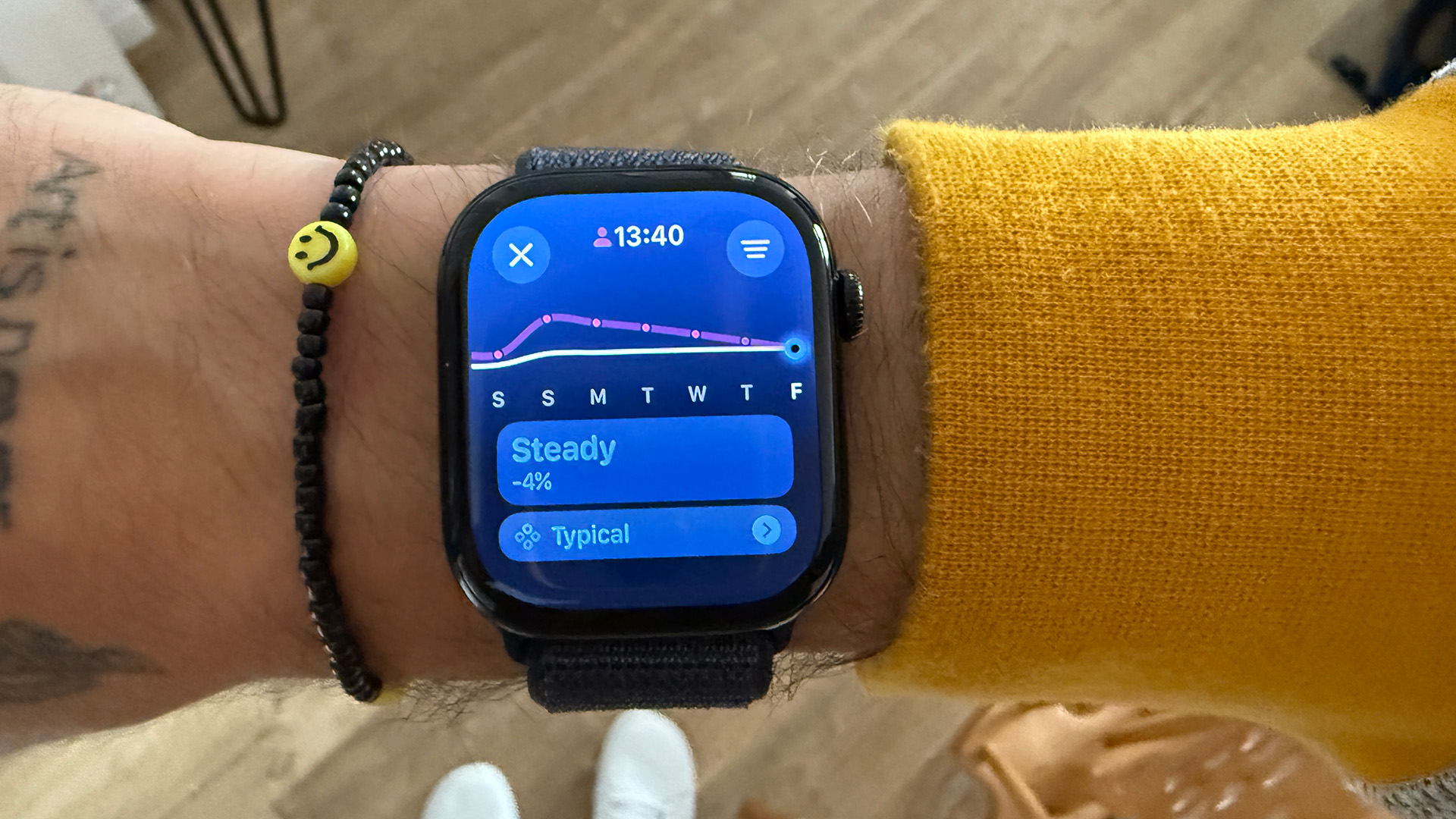Apple Watch might finally get a Sleep Score, but why did it take so long?
One of the Apple Watch’s biggest sleep tracking gaps is getting fixed soon


It’s (semi) official: Apple is finally adding a Sleep Score to the Apple Watch, a feature that’s been strangely absent despite nearly every major competitor offering some version of it for years.
As reported by MacRumors, the update, which might arrive as part of iOS 26 and watchOS 11, will assign a single-number score to your sleep quality each night based on duration, consistency, and time spent in each sleep stage.
Sound familiar? That’s because Garmin, Fitbit, WHOOP, Oura, Polar, and Samsung have all done this for a while.
Some go even further with recovery scores, readiness ratings, and even animal-themed chronotypes.
Samsung, in particular, has leaned into sleep gamification, turning you into a lion, bear or dolphin depending on your sleep personality. So why did Apple take so long?
Why Apple avoided sleep scores, until now
Apple’s approach to health data has always erred on the cautious side.
Rather than overwhelming users with metrics and gamification, the company often prioritises simplicity and clean design over detailed analysis.
Get all the latest news, reviews, deals and buying guides on gorgeous tech, home and active products from the T3 experts
(In fact, it's making sure its design is practically transparent to everyone with the latest update.)
However, with sleep tracking becoming increasingly central to smartwatches, especially as recovery and readiness gain traction in mainstream fitness, Apple may finally be conceding that a single-number sleep score is what users expect.
Even performance-focused brands like Garmin (see also: best Garmin watches) and Polar provide some form of sleep scoring or sleep recovery analysis.
For years, Apple Watch users have had to dig into graphs and averages to make sense of their rest, and third-party apps like AutoSleep or Pillow have stepped in to fill the gap.
Now, Apple’s native sleep experience is catching up. The score ranges from 0 to 100 and is calculated based on key factors like sleep duration, consistency, and time spent in REM, core, and deep sleep.
What sleep features should Apple add next?
Adding a sleep score is a welcome change, but Apple still lags behind when it comes to next-level sleep insights.
I'd love to see more coaching-based features, such as a recovery score similar to WHOOP or Garmin’s Body Battery, chronotype analysis à la Samsung’s Sleep Animal system, or the Oura Ring 4's circadian rhythm alignment feature.
Other potential upgrades could include smart wake alarms (based on sleep stage), better nap detection, and actionable insights for improving sleep quality over time, not just a score.
With watchOS 11 also introducing Training Load and Vitals, Apple appears more willing than ever to adopt performance-style metrics.
It’s a smart move. After all, if Apple wants to be the health company Tim Cook envisions, it needs to go beyond the basics – and finally, sleep is getting the attention it deserves.
[via MacRumors]

Matt Kollat is a journalist and content creator for T3.com and T3 Magazine, where he works as Active Editor. His areas of expertise include wearables, drones, action cameras, fitness equipment, nutrition and outdoor gear. He joined T3 in 2019.
His work has also appeared on TechRadar and Fit&Well, and he has collaborated with creators such as Garage Gym Reviews. Matt has served as a judge for multiple industry awards, including the ESSNAwards. When he isn’t running, cycling or testing new kit, he’s usually roaming the countryside with a camera or experimenting with new audio and video gear.
You must confirm your public display name before commenting
Please logout and then login again, you will then be prompted to enter your display name.